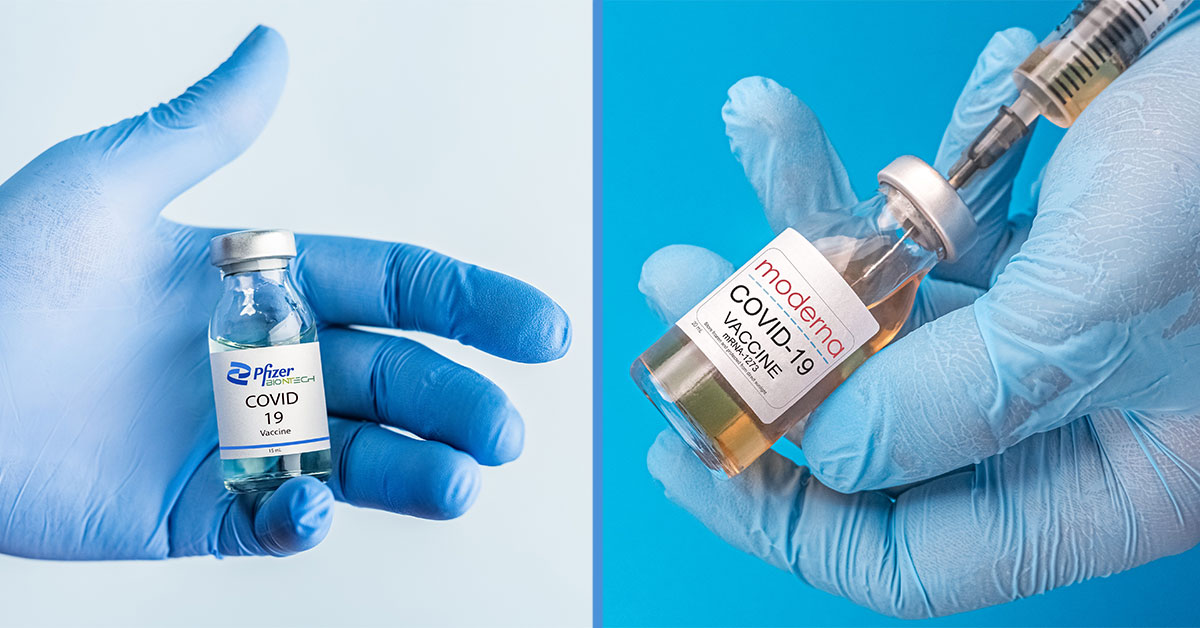Since COVID-19 emerged, Goody Feed has failed to live up to its name. Maybe Gloomy Feed or Saddy Feed would have been more appropriate.
But today is different.
Today, I have some good(y) news that will put a smile back on your faces and hope back into your hearts.
The Pfizer-BioNTech & Moderna COVID-19 Vaccines Can Produce Long-Term Immunity That May Ward Off COVID-19 for Years
Just received a Pfizer-BioNTech and Moderna jab? Well, you’re in luck.
It turns out that both these vaccines trigger an immune response in the body that may protect against the coronavirus for years.
At least that’s what scientists said.
The study, which was published in the journal Nature, was led by Associate Professor Ali Ellebedy, an immunologist at Washington University.
To determine if vaccines had a long-lasting effect, his team looked at lymph nodes, where immune cells “train” to recognise and fight viruses.
After someone is infected or vaccinated, a specialised structure called the germinal centre forms in the lymph nodes.
This is where cells learn to recognise a diverse set of viral genetic sequences.
The longer the cells have to “train” and the broader the range, the more likely they will be able to combat virus variants.
When someone is infected with COVID-19, the germinal centre forms in the lungs. But with vaccination, the cells’ “training” takes place in the lymph nodes in the armpits, granting access to researchers.
In the study, 41 people were immunised with two doses of the Pfizer-BioNTech vaccine. Eight of them already had a history of COVID-19 infection.
From 14 of these people, the team extracted samples from the lymph nodes at three, four, five, seven, and 15 weeks after the first dose.
The team discovered that 15 weeks after the first vaccine dose, the germinal centre was still highly active in all 14 of the participants.
What’s more, the number of memory cells that recognised the coronavirus had not declined.
This means that the reactions continued for nearly four months after vaccination.
This is astoundingly good news as germinal centres usually peak one to two weeks after immunisation, and dwindle to the point where they number only a few by four to six weeks.
Germinal centres triggered by the mRNA vaccines don’t seem to decline as much even months after vaccination in most people.
Implications
This means that people immunised with the mRNA vaccines may not need booster shots. However, this will only be the case if the virus and its variants do not evolve beyond recognition.
What’s more, people who recovered from COVID-19 before being vaccinated may not need even need boosters even if the virus mutates significantly.
However, while a majority of the population will have this long-lasting protection, older adults, people with weak immune systems, and immunocompromised people may need booster shots.
The virus is still evolving though, so the faster we all get vaccinated, the better.
Feature Image: Seda Yalova / Shutterstock.com



